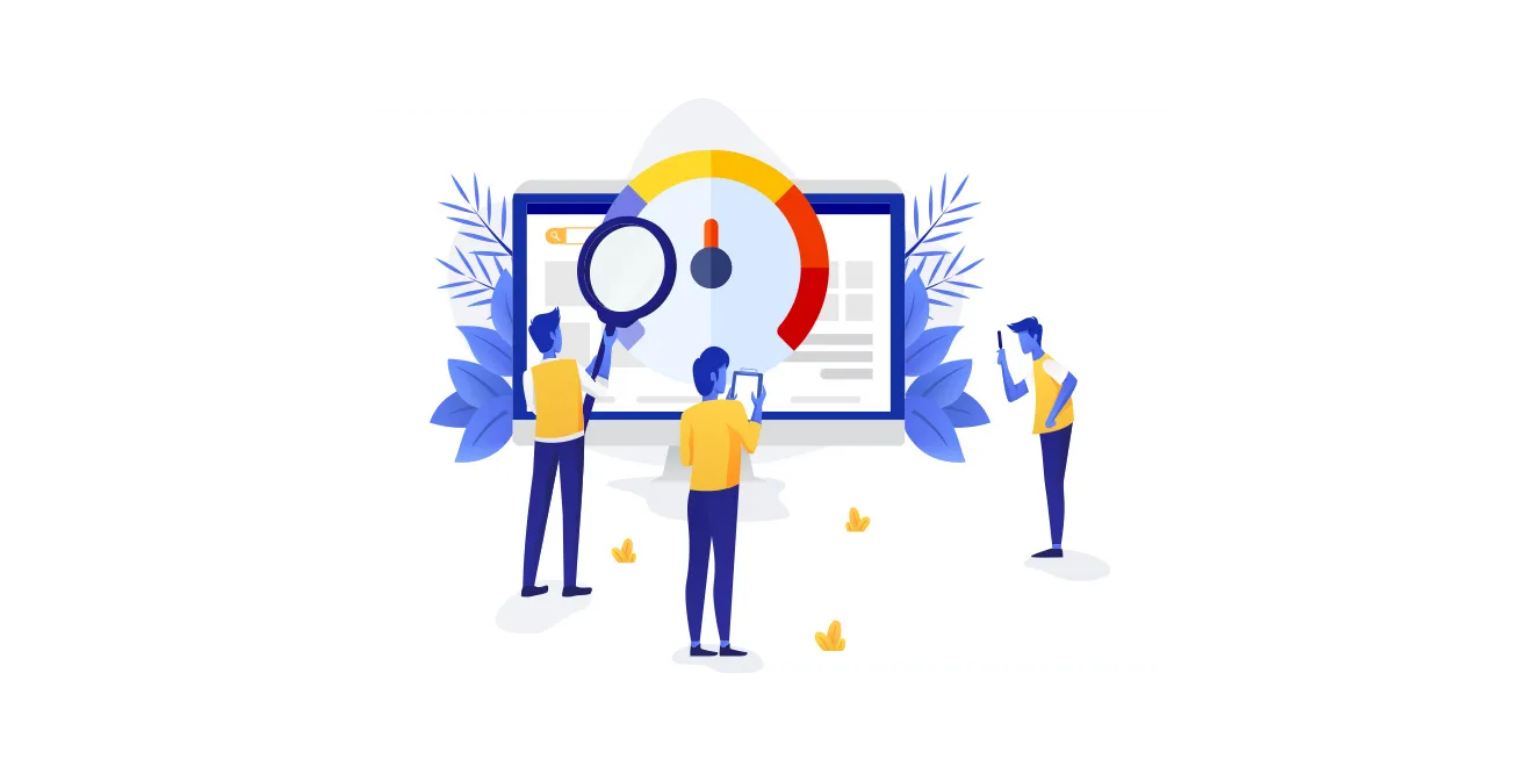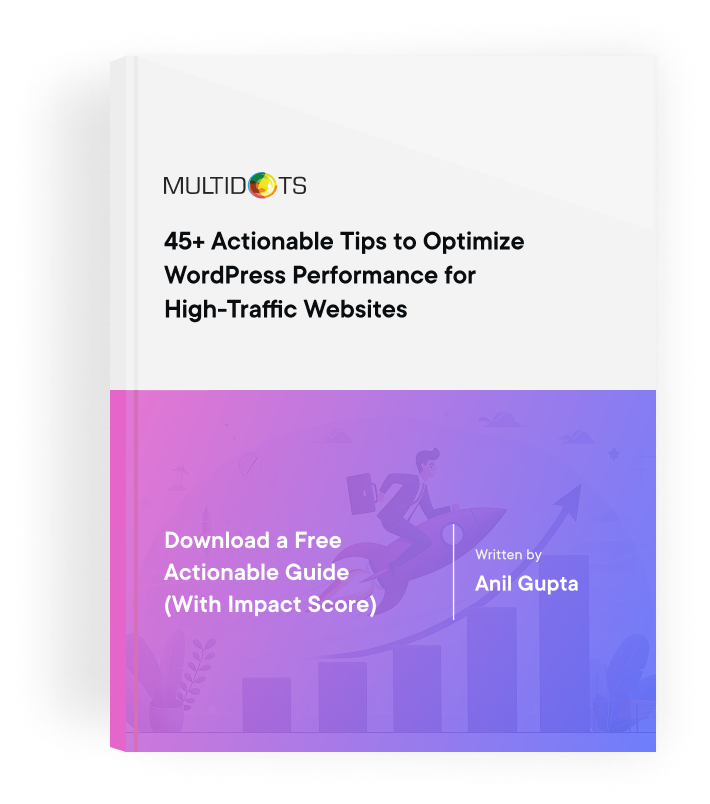Introduction to Site Performance
Get an overview of site performance and its key factors that influence user experience and engagement

Table of Contents
We’ve all been there – waiting impatiently as a web page takes what seems like forever to load. If you’ve ever been so annoyed by waiting that you’ve clicked away from the site, you’re not alone. Even a one-second decrease in load time can diminish page views by 11%. Site performance matters a lot in any online business. A slow website is one of the quickest ways you can drive users away from your site and over to your faster competitors who don’t keep them waiting.
Here, we’ll explore the importance of site speed, what factors contribute to site speed, and how you can optimize the performance of your website.
Why Is Site Speed Important?
Site speed refers to the speed at which your web pages are downloaded from your hosting server and displayed on your users’ browser. This time period spans from the time you click a link to the time it takes to display the entire web page’s contents.
Slow site speed irritates users and turns them away. In other words, a poorly optimized site can be the kiss of death for your business - not something that anyone wants when spending the time and financial resources to build their website.
Not only is a slow site performance annoying, but it harms your search engine rankings too. Search engines’ proprietary algorithms assess page speed and site responsiveness as part of their search results rankings. Want to be at the bottom of the proverbial Google barrel? Run a slow site and you’re sealing your fate as a lower-ranking site compared to your competitors.
What Factors Contribute to Site Speed?
By now, we are seeing the dangers of a poorly optimized website and it’s clear that a fast-loading site can be your business’s best friend. But what makes one site slow and another fast? These are some of the contributors to your website’s speed:
1. A Well-Built Site
Your website might look attractive with a slick visual design and striking images, but this doesn’t mean that it’s well-built. As in relationships, looks are important but it’s what’s inside that counts, and your website is no different. So what makes up a well-built site? For starters, it’s all about your code. Poorly written code, whether it’s PHP, CSS, or JavaScript (or a combination) all have the ability to be elegantly written and optimized or filled with clunky elements that slow your website down.
2. A Quality Web Host
Not all web hosting companies are created equal. Depending on the nature of your business, some website hosting companies may not be a good option for you, particularly if you have a high volume of traffic coming to your site. For example, a successful eCommerce site can have tens of thousands of visitors each day, while a small business’s website may see dramatically fewer visitors. If your traffic is on the higher end of the spectrum, going with a basic, inexpensive hosting company won’t do the trick because they don’t have the bandwidth to accommodate a high volume of site visitors. While there are many bargain hosting packages available, they’re not necessarily the best option for a well-optimized website. Although, the success of small start-up businesses begins with a hosting provider and how good it can be.
3. File Types and Sizes
Generally, the bigger your file sizes are and the more files you have on each web page, the longer your pages will take to load on your users’ browser. Connection speed on the users’ end is important and can play a big role in how quickly your pages load, but it’s ill-advised to leave your site’s optimization up to your individual users. Instead, it’s a better strategy to optimize your files as much as you can. This means cleaning up your code and adjusting file size to make them as trim as possible.
4. Images and Media
Websites with images and video are favored by users over those that just feature text. They’re more interesting to look at and their content is more likely to be shared with other users, thus improving your business's reach, but there’s more to it than simply having great visual content.
There are plenty of ways to optimize your images so that your site can look attractive without compromising speed. They should be no larger than necessary and should be in the appropriate file format. For example, JPEG files are best for photos while PNG files are better suited to simple graphics. All images should also be compressed for web use. Your CSS code can also help with optimization so users aren’t stuck waiting for multiple images to load on your site.
How to Improve Your Site Speed
We’ve already seen a few factors that can make or break your page load time, so let’s look at how you can improve your site speed as well as overall site performance, whether you’re developing a new web page from scratch or revamping an existing site.
1. Choose Your Host Wisely
As discussed, some hosting companies are better than others, depending on your needs. While it’s tempting to choose a less expensive option, you’re better off choosing the right option, even if it costs more. An increase in hosting costs usually means that you’re getting more from the hosting company, including increased bandwidth, or the ability to adjust your bandwidth as you scale your business.
2. Don’t Forget Mobile
The number of web page views from mobile devices is rapidly growing year over year. In 2018, we’ve seen mobile phone web traffic jump to 52.2% of all worldwide website traffic. Failing to optimize your website for mobile can be a costly mistake for your business. Slow page load times mean that your traffic and bounce rate can take a major hit, as 53% of mobile visitors will leave a web page that takes more than three seconds to load.
In other words, working with your website development team to ensure that your site is mobile-friendly can have a major payoff with your customers.
3. Work With a Top-Notch Web Development Agency
Your website’s success lies with the people who build it. A cheaper web design firm may seem like a great deal, but don’t be surprised to find cut-corners that compromise your site optimization. Instead, look for a web design company that has a strong reputation and portfolio of stellar websites that they’ve created. Communicate your concerns about page load times with your web developer to ensure that this important aspect is a central theme as they build your site.
When it comes to the best in the web development business, Multidots is an industry leader. Specializing in Enterprise WordPress development, custom web app development, building mobile apps, and more. Multidots understands the importance of a well-built and highly optimized site for the success of your business. As a VIP WordPress partner, our team’s strength lies in creating superior-quality coding that will always meet your site performance standards. We have the knowledge and tools to create a streamlined and fast-loading site that won’t hold your business back. Reach out to the Multidots team to begin your efficient and optimized web development project.
Schedule a meeting to discuss the potential of your website and how you can turbocharge it!
Contact Us
